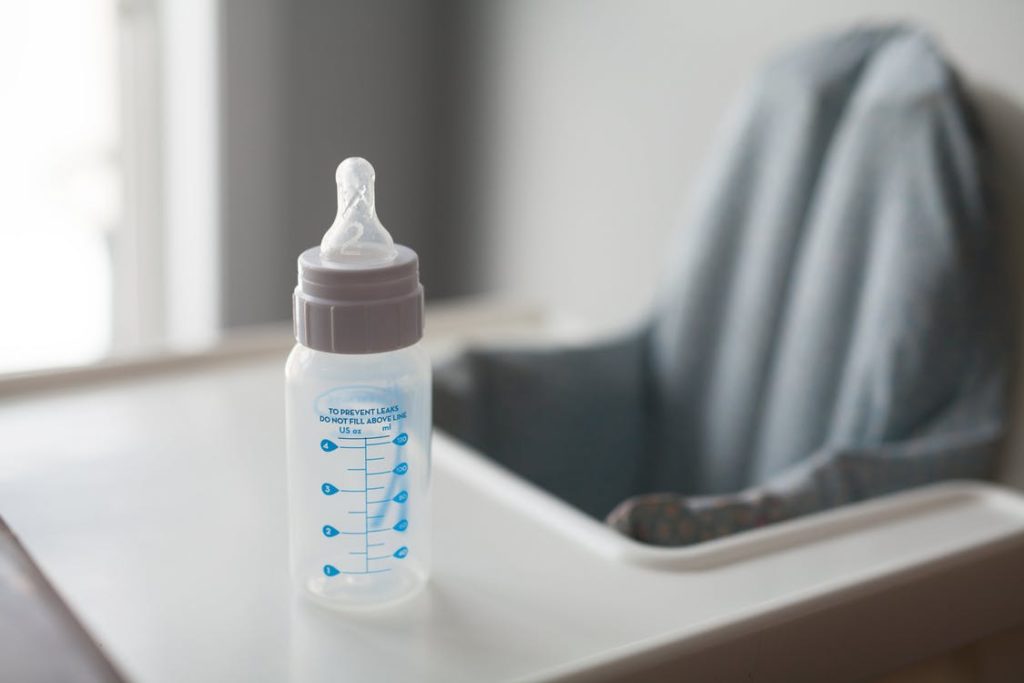I must preface this piece by saying that I’m writing this from the perspective of a professional doula. As a doula, my job is to provide nonjudgmental support to the families that hire me. That means, helping them create goals, evaluate their options, and support them in the decisions they deem most appropriate for their family.
Part of this job includes emotional and physical support, but sometimes families come to us with requests about information. Questions about the birth process, various complications or medical procedures, parenting philosophies, and newborn care. As doulas, we become the expert on options available, but it is never our role to decide which option is the right one for a particular family.
Cue breastfeeding and formula feeding.
Discussions run rampant about the implications of each and the appropriateness of the use of those substances for babies. For many, the belief is that breast/chest milk is the superior infant food.
When we look at human milk on its own, as a stand alone substance, we know that there are components to it that formula doesn’t have. We know that there are incredible changes that happen to breastmilk over the entirety of that relationship and we know that it is able to evolve and provide certain nutrients in ways that formula can’t do on its own.
However, it’s not that simple.

As doulas, the answers aren’t that cut and dry because we look at the full picture that the question is being asked in. If a client were to ask me “Which is better, formula feeding or breast feeding?” my answer is going to be dependent on that family and the subsequent discussion we have about that question. Why are they asking it? What concerns do they have? What hurdles to they anticipate needing to jump? What are their goals? What does their support system look like?
The very act of making and providing that human milk comes with its own nuanced issues. We can’t look at the milk on its own, simply as a substance used to feed, but rather look at the entire picture of the relationship of providing that milk. A baby isn’t receiving that milk in a bubble with no external influences. There are environmental, emotional, and physical aspects of that relationship that need to be considered before one can deem what is “best” for a particular family. When we, as doulas, say both human milk and formula are options, we are looking at the implications of the relationship the parent standing in front of us has with their baby in providing one over the other. Until the family decides, both are equally valuable options.
We can’t ignore the parents who have trouble producing, or are dealing with postpartum mood disorders, or have unexpected work changes. The list of concerns goes on. That is what makes answering the question “which is better” so difficult. Remember, research looks at entire populations. Each family is unique with different circumstances. That is what needs to be evaluated and considered when they decide how to feed their baby.
There is no one size fits all when it comes to pregnancy, birth, parenting, or newborn care. Each decision has to be discussed by the family members themselves and come to a conclusion; one that accommodates their physical, medical, emotional, environmental, financial, cultural, and mental needs. If we ignore those things, pretending that human milk and formula are provided to that child in a complete vacuum without outside influences, we ignore the very understanding of breast/chest feeding as a relationship.
So, which is better? Breast feeding or formula feeding? Well, it depends on what’s best for the family in front of me. Only they can decide that.
And as your doulas, we’ll support whichever method you choose.
